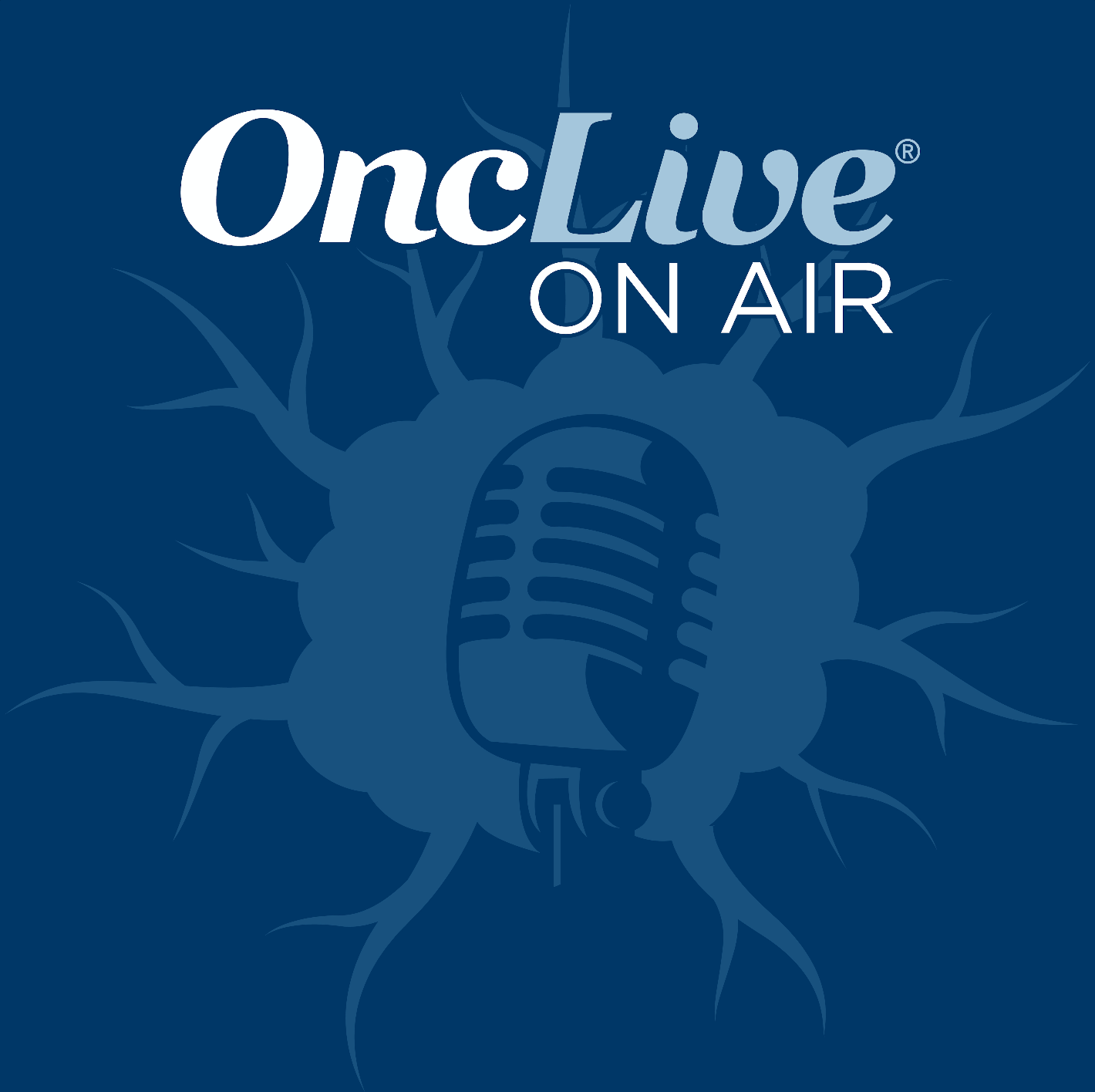Video
Dr. McBride on the Potential of Biosimilars in Oncology
Ali McBride, PharmD, MS, BCOP, FASHP, FAzPA, discusses the potential utility of biosimilars in oncology.
Ali McBride, PharmD, MS, BCOP, FASHP, FAzPA, clinical coordinator, Hematology/Oncology, The University of Arizona Cancer Center, clinical assistant professor, The University of Arizona College of Pharmacy, discusses the potential utility of biosimilars in oncology.
There are several biosimilars for originator drugs, including rituximab (Rituxan), trastuzumab (Herceptin), and bevacizumab (Avastin). Biosimilars are large, complex molecules that are structurally similar to originator molecules but not exact due to post-translational modifications of the drug’s protein structure, says McBride.
The agents are thoroughly investigated in the preclinical setting and subject to clinical evaluation. Biosimilars are able to be manufactured at lower prices because they are not subject to the extensive clinical trial process investigational agents are, says McBride.
As such, biosimilars may be more affordable and accessible to patients. Payers will largely control the outpatientuse of biosimilars; however, multiple agents are approved and will infiltrate the oncology space shortly, McBride concludes.








